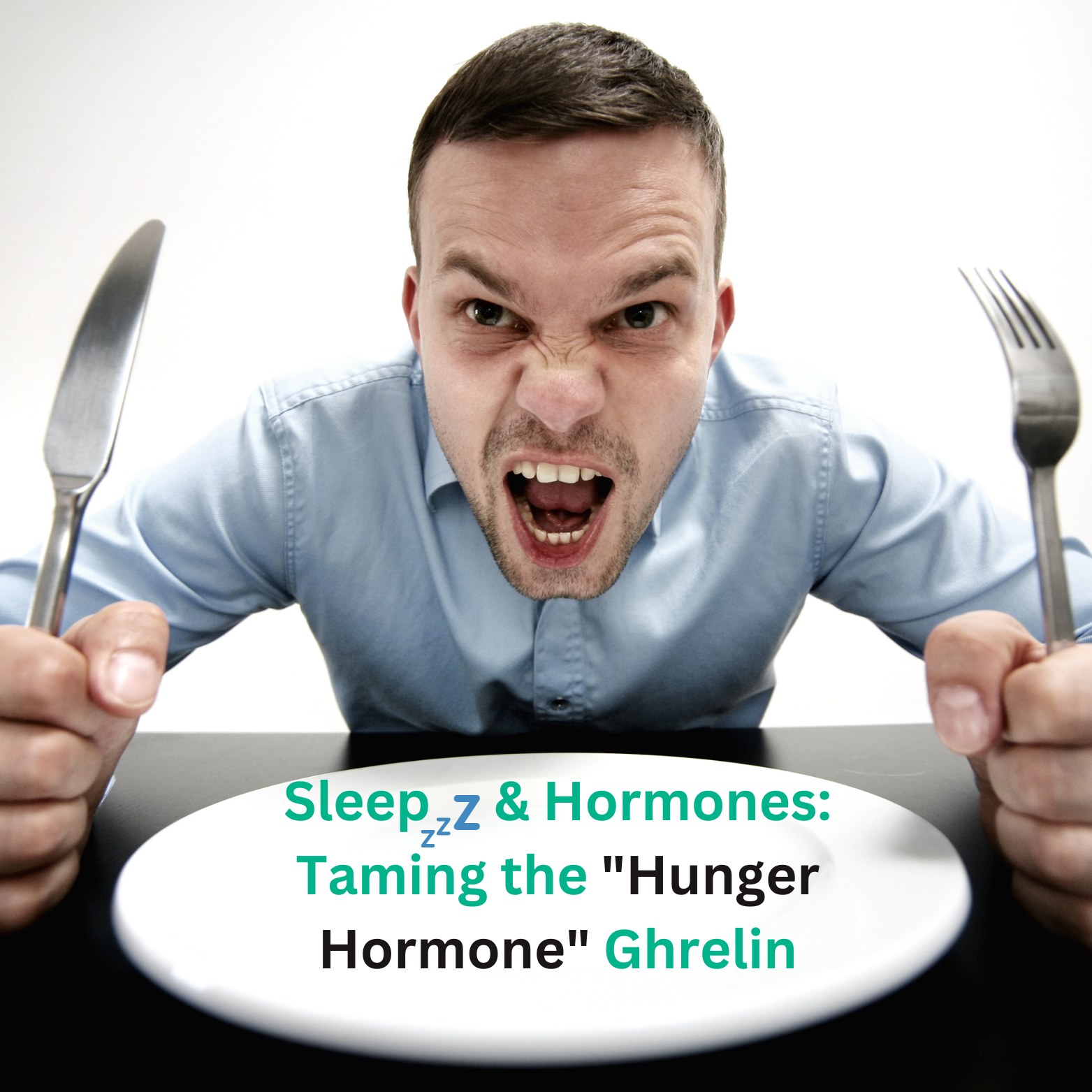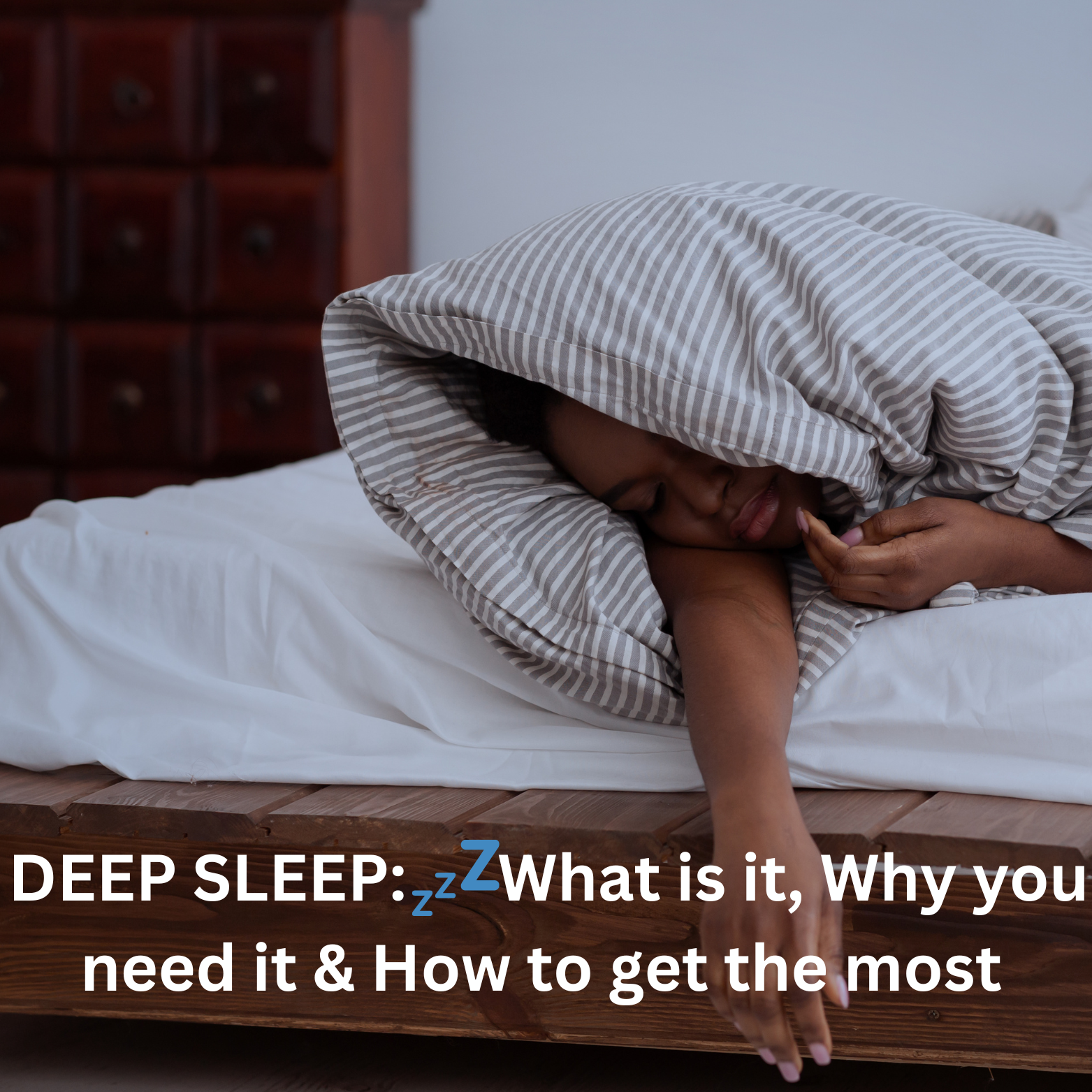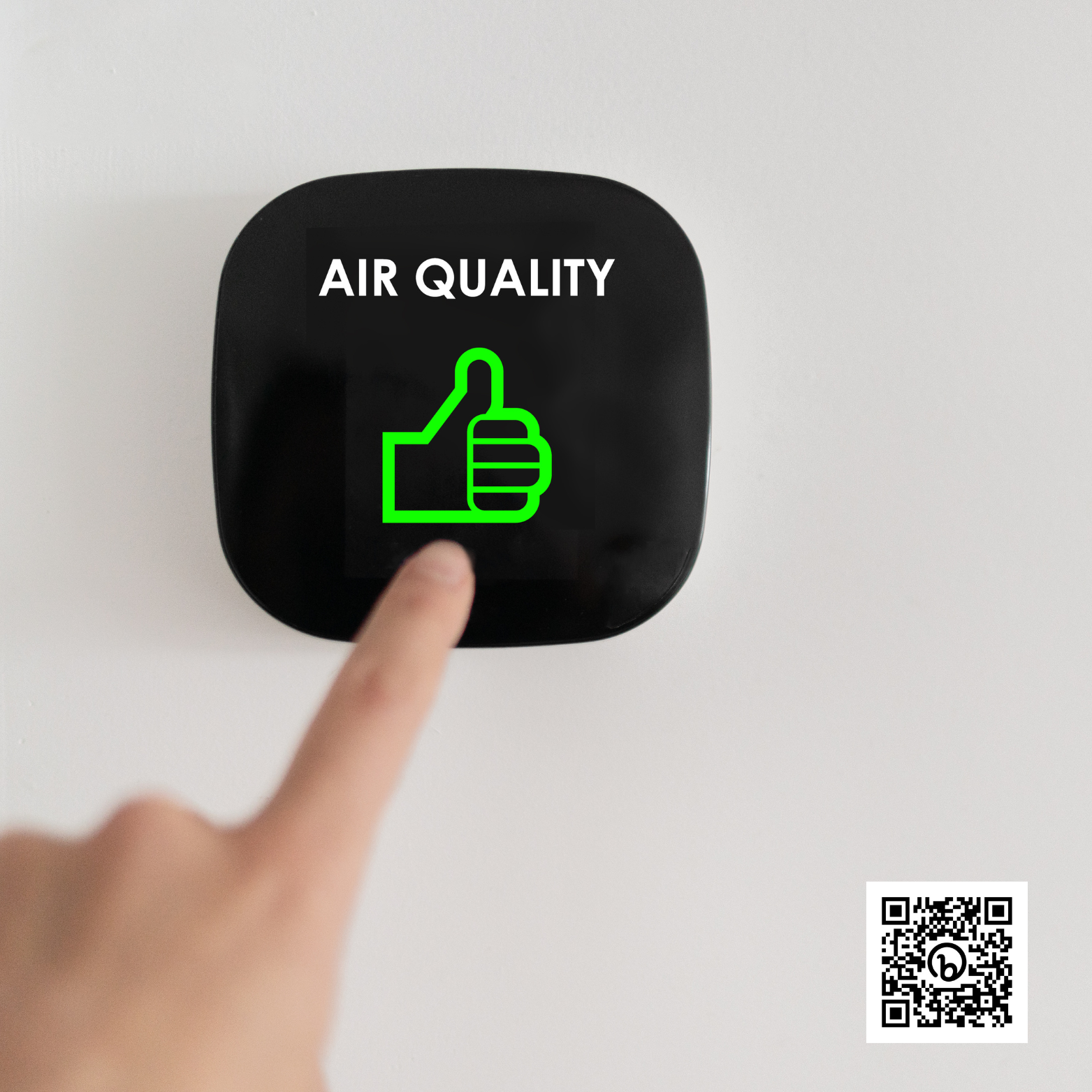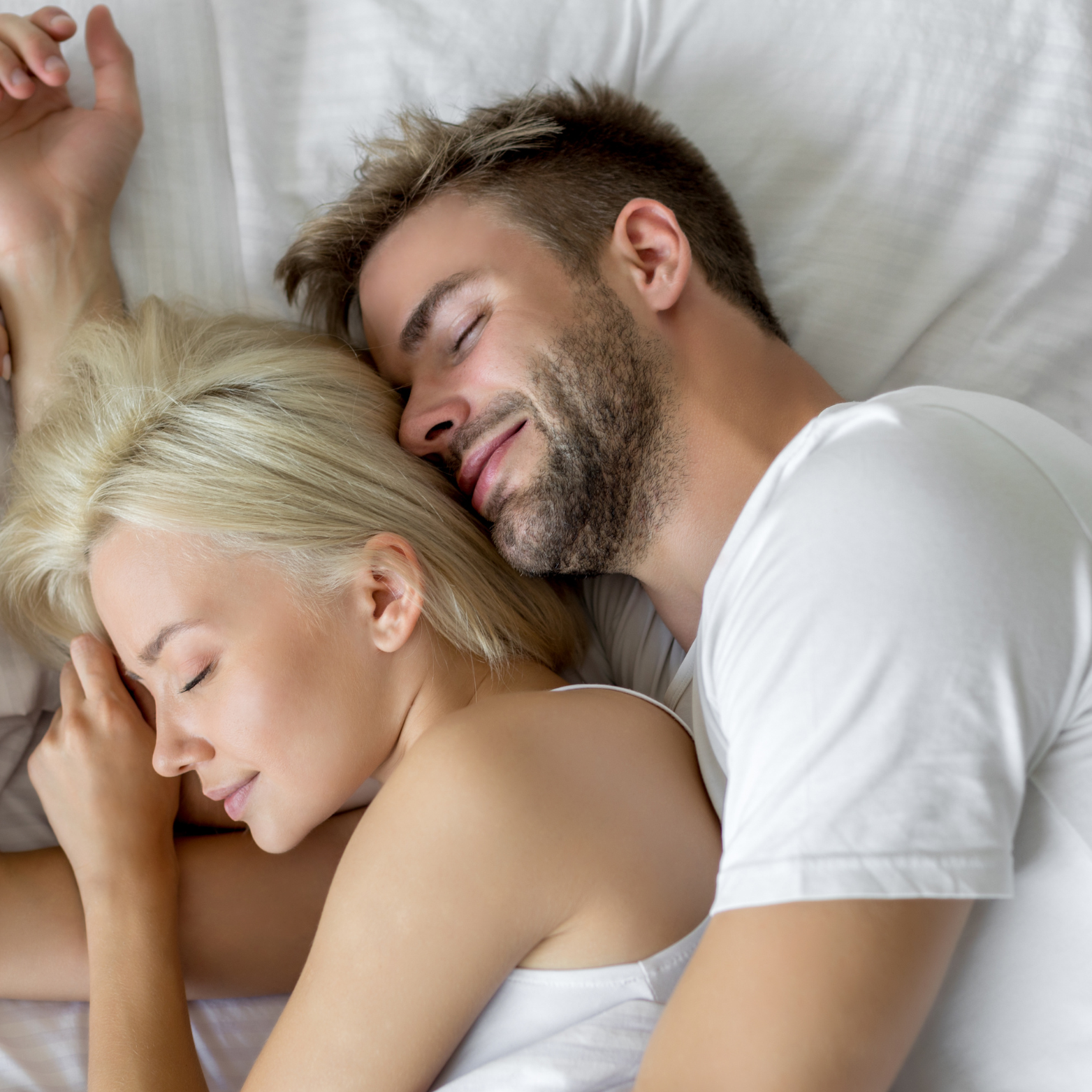Wearable devices have gained popularity as tools for tracking sleep, providing insights into sleep patterns, and assisting in optimizing sleep quality. However, like any technology, they come with both advantages and disadvantages. In this blog post, we will explore the three pros and three cons of using wearable devices for sleep tracking. Additionally, we will provide a brief buyer’s guide to help you make an informed decision when purchasing a sleep-tracking wearable. Lastly, we will highlight the top five brands in the market.
Pros of Using Wearable Devices for Sleep Tracking:
- Data-driven Insights: Wearable devices provide detailed data on sleep duration, sleep stages, and sleep quality metrics, allowing you to gain valuable insights into your sleep patterns. This information can help you identify areas for improvement and make targeted changes to enhance your sleep habits.
- Sleep Efficiency Monitoring: Wearables can track sleep efficiency by analyzing the time spent in each sleep stage and providing an overall sleep score. This metric helps you assess how well you utilize your time in bed and make adjustments to optimize sleep duration and quality.
- Sleep Disorder Detection: Some advanced wearable devices can detect potential sleep disorders such as sleep apnea or insomnia. By monitoring your sleep patterns and identifying irregularities, these wearables can prompt you to seek professional help and get a proper diagnosis.
Cons of Using Wearable Devices for Sleep Tracking:
- Accuracy Limitations: While wearable devices have improved over time, they may not always provide 100% accurate sleep data. Factors like device placement, movement artifacts, and environmental disturbances can affect the accuracy of sleep tracking, leading to potential discrepancies in the recorded sleep metrics.
- User Compliance Challenges: Consistent and proper usage of wearable devices during sleep can be a challenge. Users may find wearing a device uncomfortable, leading to partial or inconsistent data collection. Additionally, charging and syncing requirements may pose logistical difficulties for some individuals.
- Psychological Impact: Constantly monitoring sleep metrics may lead to increased anxiety or obsession about sleep. This can create undue stress, especially if users become fixated on achieving perfect sleep scores or comparing their sleep data to others. It is important to maintain a balanced approach to sleep tracking and prioritize overall well-being.
Buyer’s Guide: Factors to Consider when Purchasing a Sleep-tracking Wearable:
- Accuracy and Reliability: Look for devices with proven accuracy in sleep tracking and reliable data synchronization features.
- Comfort and Design: Consider the device’s comfort level, wearability, and durability. Choose a design that suits your preferences and lifestyle.
- Battery Life and Charging: Evaluate the battery life of the device and the ease of charging to ensure uninterrupted usage.
- Compatibility and Connectivity: Check compatibility with your smartphone or other devices, as well as the availability of compatible apps and software.
- Features and Metrics: Determine the specific sleep metrics and features that are important to you, such as sleep stage analysis, heart rate variability, or smart alarms.
Top 5 Sleep-tracking Wearable Brands (in no particular order):
- Fitbit: Known for their comprehensive sleep tracking features and a wide range of wearable devices suitable for different lifestyles and budgets.
- Apple: Offers sleep tracking capabilities on Apple Watch, integrating seamlessly with the Apple ecosystem and providing an array of health-related features.
- Garmin: Known for its GPS-enabled fitness wearables, Garmin also offers advanced sleep tracking features and long battery life.
- Oura: Specializes in sleep tracking rings that provide in-depth insights into sleep stages, recovery, and overall readiness.
- Withings: Offers sleep tracking capabilities in their smartwatches and hybrid smartwatches, combining style and functionality.
- Whoop: Offers sleep tracking, stress management, lifestyle metrics, steps, and much more. Whoop has become the market leader for overall wellness lifestyle
- CardioMood: this devices is a newer entrant and includes some new capacities in the earlier development phase to include things like BP.
In the end, Wearable devices have the potential to enhance our understanding of sleep patterns and optimize how we go about our day. We do need to be aware of overthinking the data and what it means, that these numbers are directionally correct and it information to point us into the direction to make gradual meaningful change in our life to enhance our days to live this one life well.
You can check out my BEST SLEEP BLUEPRINT, a free 8 day mini-series touching on key steps to improve your sleep.
#RespectTheRest #BeRestedBeWell





